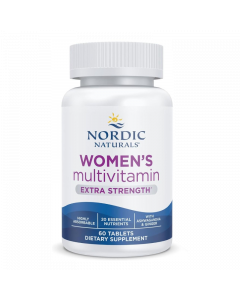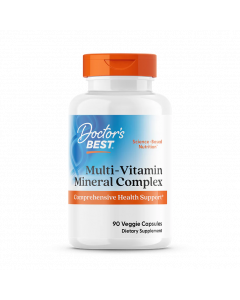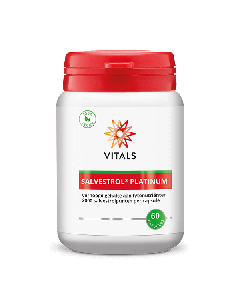-
 Nordic Naturals - Women's Multivitamin - 60 tabl - CLEAROUTOut of stockSpecial Price € 36.95 € 44.95
Nordic Naturals - Women's Multivitamin - 60 tabl - CLEAROUTOut of stockSpecial Price € 36.95 € 44.95
- Shipped today!
- Free shipping from € 45
- Postpay possibility
- Review score 9.4
- Earn reward points
- Shipped today!
- Free shipping from € 45
- Postpay possibility
- Review score 9.4
- Earn reward points
- Home
- Vitamins & Supplements
- Minerals
- Calcium


What is Calcium?
Calcium is an essential mineral that is vital to life, it is found in high amounts in dairy products, and to a lesser extent vegetables. It is one of the 24 vitamins and minerals required for maintaining health. It is well known as the building block of bones, with approximately 1-2 kg of calcium in the human body.
Relatively large amounts are needed from the diet (sometimes over 1,000 mg a day!), although more is not always better (Source: NCBI). Therefore, supplementation is recommended only when the diet is insufficient and supervised by a medical professional.
The major benefit of calcium is preventative, especially with regard to osteoporosis. Osteoporosis is a condition resulting from calcium inadequacy and aging over the long term (Source: NCBI). Therefore, while maintaining adequate calcium will reduce the risk, other factors play role in the complex disease process that is osteoporosis. Calcium also plays a role in cardiovascular health.
Calcium can be absorbed in all points in the intestine. Diets high in vegetables, legumes, wholegrains, and high enough in bulk and fiber to slow the rate food passes through the intestines can increase calcium absorption (Source: NCBI). Absorption also differs based on age, environment, and other dietary factors. The population reference intake is 950-1000 mg for both genders over 18 years of age. The tolerable upper limit is 2,500 mg and it can be higher for adolescents, pregnant and lactating women.
Key Aspects of Calcium
Calcium is one of the most tightly regulated minerals in the blood, it plays a vital role in cell signaling and has numerous biological functions in the body. For example, calcium is needed for muscles to move, nerves to carry messages between the brain and body, help blood vessels contract and dilate, and enzyme and hormone release that effect almost every bodily function (Source: NCBI).
Bones and Teeth
Calcium makes up about 40% of the weight of bone mineral, conferring strength and structure. Aside from the obvious structural role, calcium store in the skeleton is crucial for maintaining blood calcium when it decreases and also for deposition when it increases. The bone calcium pool turnover in adults occurs every 8-12 years on average, but does not occur in the teeth. Dietary or supplemental calcium is essential to provide building blocks for new bone (Source: NCBI).
Muscle Contraction
When calcium and energy (ATP) are present in sufficient quantities muscle contraction can occur, however when one is without the other, it is not sufficient. Muscle contracts by two proteins (actin & myosin) sliding over each other. This attachment of these proteins requires the presence of calcium. Muscle in resting state has a closed door on binding sites, the presence of calcium causes a change that physically opens the binding sites allowing muscle to bind or contract (Source: NCBI).


